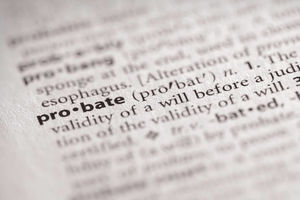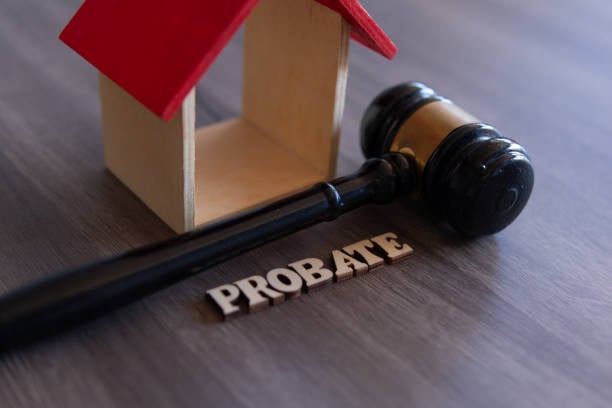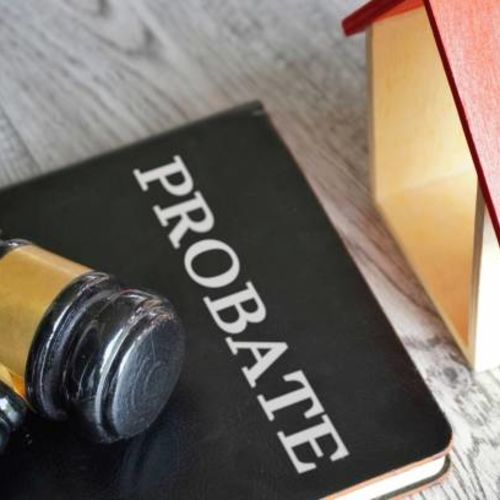Selling property during probate brings unique challenges, legal steps, court approval, and tight timelines. A probate realtor is a specialist who handles these estate sales. But what will it cost? That depends on factors like commission rates, locale, and estate value. In this guide, you’ll learn about average costs, cost-driving factors, ways to manage expenses, and key questions people ask. Let’s break it down.
What Is a Probate Realtor?
A probate realtor is a licensed real estate agent who specializes in properties tied to probate estates. Their role covers understanding state rules, handling court documentation, working with executors or administrators, and coordinating sale approvals. While their tasks are similar to traditional real estate agents, they must step through legal requirements specific to probate.

Standard Real Estate Commission as a Baseline
To estimate a probate realtor’s cost, start with standard real estate commission rates. In 2025, the U.S. average total commission is about 5.57% of the home's sale price, split roughly 2.82% for the listing agent and 2.75% for the buyer’s agent.
Commission rates differ by state: for example, California averages around 5.03%, while states like Minnesota can go up to 6.02%.
These figures give you a starting point: probate realtor fees likely align with, or slightly exceed, this range.
Probate Sales May Cost More (But Not Always)
Probate realty can involve more steps, court filings, hearings, and special disclosures. That might justify a higher commission.
Probate-related costs overall (including attorneys and executors) can range from 3% to 7% of the estate’s value. That range covers many probate costs, not just real estate fees, but it suggests total expenses can climb.
In California, probate-related attorney and executor fees follow strict scales based on the estate size. For example, on the first $100,000 of an estate’s value, fees are around 4%, then 3%, 2%, and lower for larger values. Real estate sales are part of this overall cost bundle.
Still, probate realtor fees themselves may stay around the traditional 5–6%, unless local conditions or legal hurdles push them higher.
Factors That Affect Probate Realtor Costs
Several key factors can shift costs:
Estate Value: Higher-priced homes yield more in commission even at the same percentage.
State and Market Norms: Commission varies regionally based on competition and customs.
Complexity of Probate Process: If court steps are involved, or an overbid process is required, the realtor may charge more for time and effort.
Negotiation: Commission is not fixed; clients may negotiate down, especially with discount brokerages offering as low as 1.5%.
Additional Services: Probate properties may need cleanup, appraisal, or legal coordination. Realtors may bill for extra services or include them in their fee.
Estimated Cost Ranges by Example
To give you a clearer idea:
| Estate Value | Standard Commission (5.6%) | Low Commission (2%) | Add Complexity (6–7%) |
|---|---|---|---|
| $200,000 | $11,200 | $4,000 | $12,000–14,000 |
| $500,000 | $28,000 | $10,000 | $30,000–35,000 |
| $1,000,000 | $56,000 | $20,000 | $60,000–70,000 |
Low commission rates come from discount models or negotiation. Complex probate situations may push fees beyond the usual.

Ways to Lower Probate Realtor Costs
Here are strategies to save:
Ask for fee flexibility: Some agents lower the listing commission if they don’t split with a buyer’s agent.
Use discount firms: Some providers offer brokered deals with reduced rates, often around a 1.5% listing fee.
Bundle services: If you don’t need staging or marketing, negotiate a lower rate.
Consider flat-fee brokers: Pay a single flat rate instead of a percentage-based commission.
Do some tasks yourself: If executor duties are under control, the realtor may lower fees.
What to Expect?
Typical cost: Around 5–6% of sale value.
Low-end: 1.5%–3% if negotiated aggressively or using discount services.
High-end: 6–7%, if probate steps or legal workload increases.
Influencing factors: state norms, estate size, complexity, and your negotiation.
Conclusion
Understanding the cost of a probate realtor comes down to knowing the standard real estate commission and adjusting for location and legal complexity. Expect around 5–6% of home value in typical situations. Rates can drop to 1.5–3% with negotiation or discount services or rise above 6% if the probate sale is complicated.
A probate realtor adds real value by handling court steps, managing paperwork, and helping secure fair market value. With clear communication and research, you can control costs and get the best result.
Need to sell an estate property? Jack Ma Real Estate makes probate sales simple, cost-clear, and stress-free. Contact us today to work with a trusted probate realtor.
FAQs Most Asked About Probate Realtor Costs
1. How much does a probate realtor charge?
Probate realtors usually charge between 5 and 6% of the sale price. Some services allow lower rates, especially if you use a discount listing service or negotiate.
2. Can you negotiate the commission for a probate realtor?
Yes. Commission rates are not fixed. Many agents will negotiate, especially in slow markets or for high-value estates. You may agree to a flat fee or reduced percentage.
3. Are probate realtor fees higher than regular real estate agent fees?
Not always. Probate realtor fees often align with standard rates. But complex legal steps can justify a slightly higher fee, sometimes toward 6–7%.
4. Does every probate sale require a realtor?
Not always. Executors can sell property on their own (FSBO), but a probate realtor assists with court steps, paperwork, appraisals, and legal filings that can speed up or simplify the sale.
5. How do estate administration costs differ from statewide probate fees?
Probate administrative costs include attorney, executor, and court fees, which may total 3–7% of estate value. Realtor commission is separate and based on sale price, usually around 5–6%.


